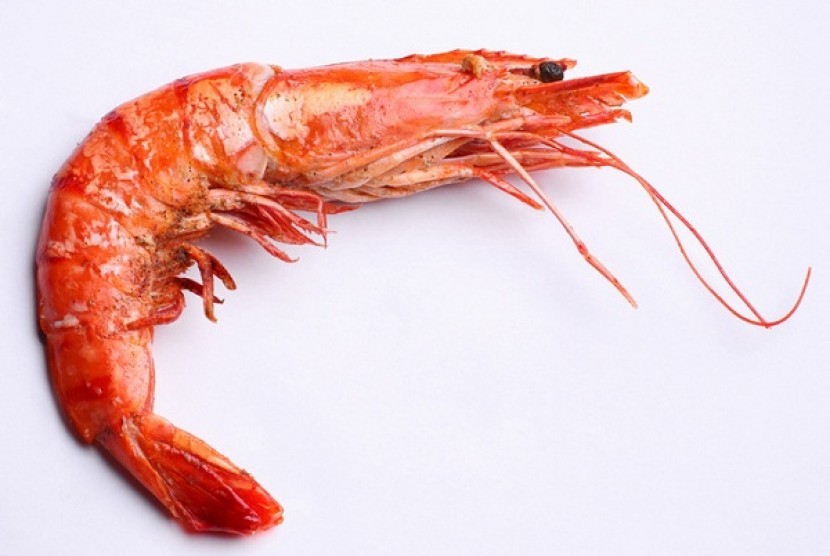REPUBLIKA.CO.ID, JAKARTA -- Shrimp is one of the strategic commodities in the marine and fisheries sector that can sustain the national economic growth, Maritime Affairs and Fisheries Minister Susi Pudjiastuti said here on Wednesday.
"Shrimp is considered as one of the leading aquaculture commodities for its potential to serve as a source of income and to boost the regional economy and welfare of shrimp farmers," the Minister noted.
According to Pudjiastuti, the competition in shrimp commodities' trade will become stiff and rough in the near future.
"Our national shrimp cultivation should be strengthened with the latest eco-friendly technology in order to support the sustainability of shrimp farming and take care of the surrounding environment," the Minister stated.
Citing that shrimp is a national fisheries commodity, the Ministry of Maritime Affairs and Fisheries earlier emphasized on the importance of utilizing technology to develop competitive and sustainable shrimp farming.
"Technology needs to be applied to enhance efficiency and improve the quality of production," Director General of Aquaculture of the Ministry of Maritime Affairs and Fisheries Slamet Soebjakto remarked recently.
Soebjakto added that eco-friendly shrimp cultivation could support the sustainability of shrimp farming.
"Both domestic and global markets are wide open for the shrimp business," he affirmed.
Based on data, the total production of shrimp in 2014 amounted to 592,219 tons, of which 70 percent was whiteleg shrimp, 21 percent was tiger shrimp, and the remaining 9 percent comprised other shrimp varieties.
Moreover, to achieve the target of 755,506 tons of shrimp production in 2015, the ministry has prepared a number of strategies. These include developing the integrated regional economic management of the marine and fisheries sector with more fish processing units, managing environmentally-friendly shrimp farming, fishpond participatory management, increasing the production of excellent shrimp brood stock, and providing high-quality shrimp seeds.



